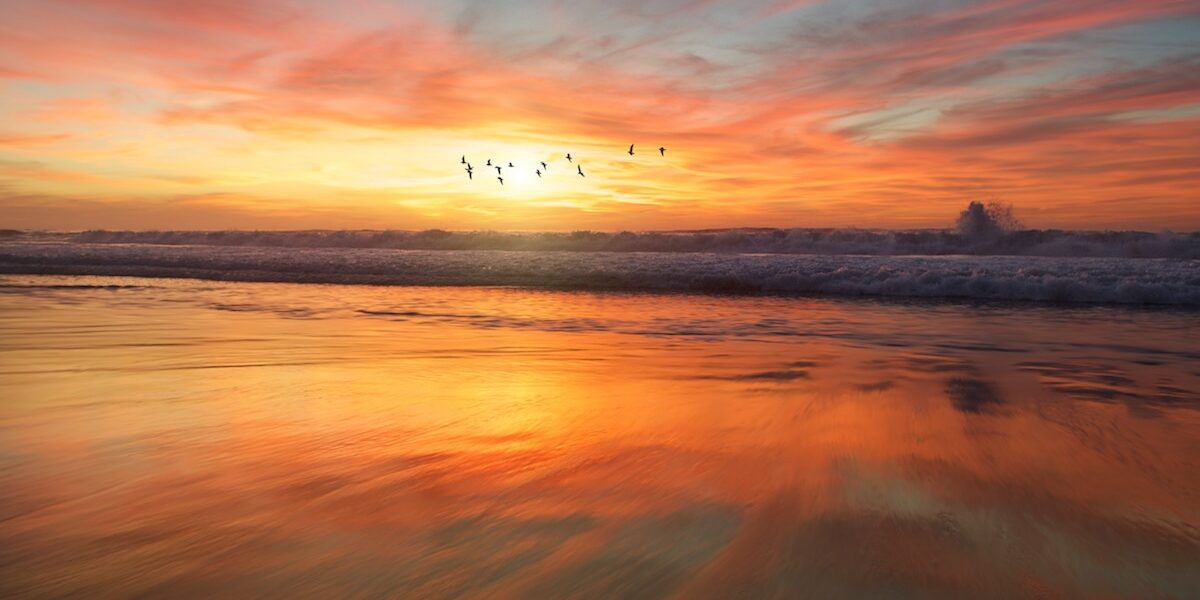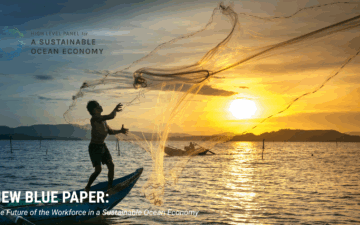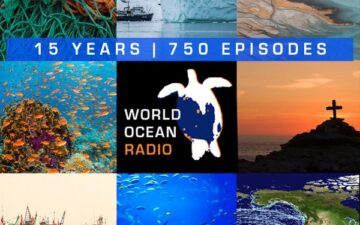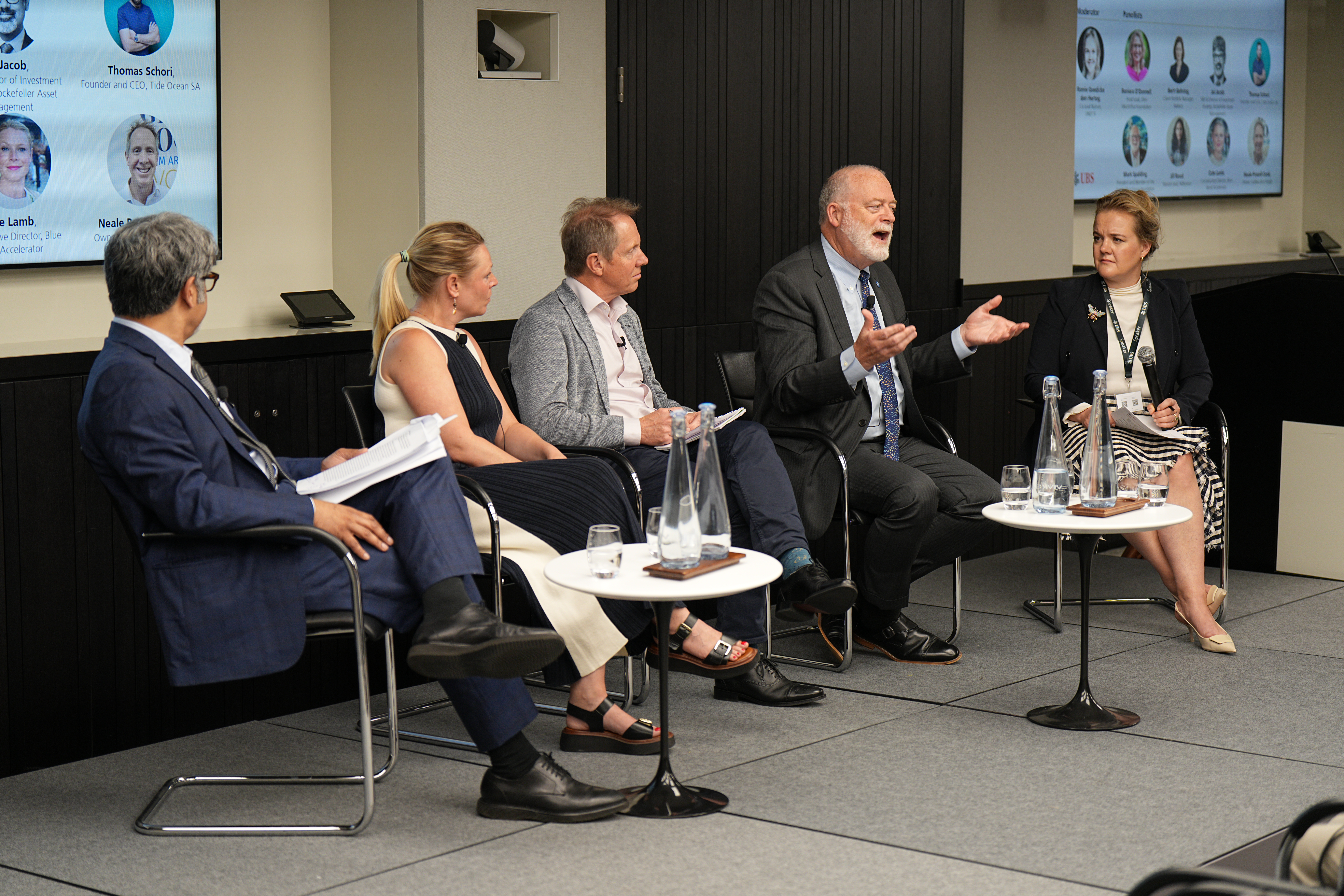By Phoebe Turner
President, George Washington University Sustainable Oceans Alliance; Intern, The Ocean Foundation
Despite the fact that I grew up in the land locked state of Idaho, water has always been a huge part of my life. I grew up swimming competitively and my family spent countless summer weeks at our cabin on the lake, just a couple hours north of Boise. There, we would wake up at sunrise and water ski on the glassy morning water. We would go tubing when the water grew choppy, and our uncle would attempt to knock us out of the tube – petrifying really. We’d take the boats to go cliff jumping, and snorkel around the rocky parts of the alpine lake. We would go kayaking down the Salmon River, or even just relax on the dock, with a book, while the dogs played fetch in the water.
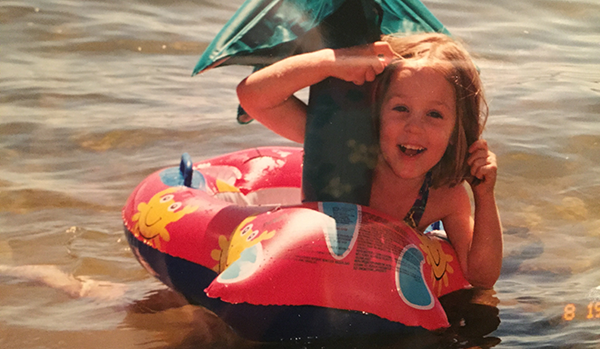
It’s needless to say, I’ve always loved the water.
My passion to actively protect the ocean started with a strongly held conviction that orcas should not be held in captivity. I watched Blackfish my senior year of High School, and after that I was addicted to learning everything I could about the issue, diving into even more documentaries, books, or scholarly articles. During my freshmen year of college, I wrote a research paper on the intelligence and social structures of killer whales and the detrimental effects of captivity. I talked about it to anyone who would listen. And some people really did listen! As my reputation as orca girl spread throughout campus, a friend of mine felt it necessary to link me to the Georgetown Sustainable Oceans Summit via email saying, “Hey, I don’t know if your interest in orcas extends past captivity, but I learned about this summit in a few weeks, and I think it’s right up your alley.” It was.
I knew the ocean was in trouble, but the Summit really opened my mind to just how deep and complex the issues are that surround ocean health. I found it all to be troubling, leaving me with tense knots in my stomach. Plastic pollution seemed inescapable. Everywhere I turn I see a plastic water bottle, a plastic bag, plastic, plastic, plastic. Those same plastics find their way to our ocean. As they constantly degrade in the ocean, they absorb harmful pollutants. Fish mistake these small plastics for food, and continue to send the pollutants up the food chain. Now, when I think about swimming in the ocean, all I can think about is that killer whale that washed up on the Pacific Northwest Coast. Its body regarded as toxic waste due to the level of contaminants. It all seems inevitable. Completely daunting. Which is what inspired me to start my own chapter of the Sustainable Oceans Alliance at The George Washington University (GW SOA).
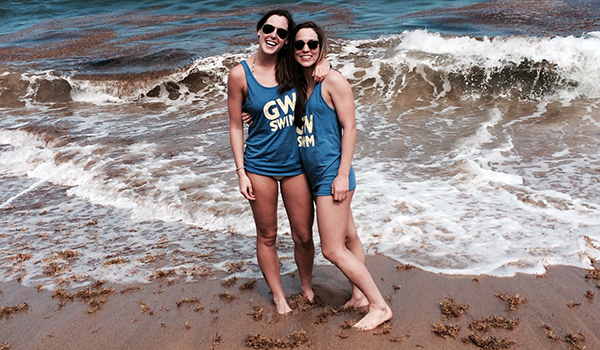
When I was home this past summer, apart from life guarding and coaching summer league swim team, I worked tirelessly on getting my own GW SOA chapter off the ground. The ocean always on my mind, so naturally, and true to Phoebe form, I talked about it constantly. I was getting a juice at the local country club, when a couple of my friends’ parents asked what I was up to these days. After I told them about the starting the GW SOA, one of them said, “Oceans? Why the [expletive deleted] do you care about that?! You’re from Idaho!” Taken aback by his reply, I said “Excuse me, I care about a lot of things.” They all eventually chimed in laughing, or saying “Well, I don’t care about anything!” and “That’s your generation’s problem.” Now, they may have had one too many cocktails, but I then realized just how important it is for people living in landlocked states to be aware of what’s happening, and even though we don’t have an ocean in our backyard, we are indirectly responsible for part of the problems, whether it’s the greenhouse gases we emit, the food we eat or the trash we produce. It was also clear, that now, more than ever, it’s extremely important for millennials to become educated and inspired to take action for the ocean. We might not have created the problems affecting our ocean but it will be up to us find the solutions.
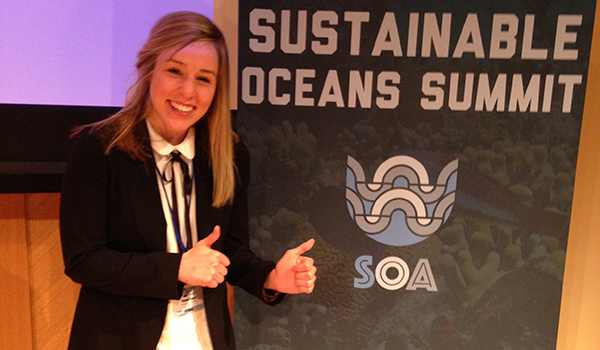
This year’s Sustainable Oceans Summit is on April 2nd, here in Washington, DC. Our goal is to inform as many young people as possible about what is happening in the ocean. We want to highlight the problems, but more importantly, offer solutions. I hope to inspire young people into adopting this cause. Whether it is eating less seafood, riding your bike more, or even choosing a career path.
My hope for the GW chapter of the SOA is that it succeeds as a well-run and respected student organization by the time I graduate, so it can continue to put on these important summits for years to come. This year, I have many goals, one of which is to be to establish an Alternative Break program for ocean and beach cleanups through the Alternative Break Program at GW. I also hope that our student organization can gain the momentum needed to establish more classes that deal with ocean topics. Right now there is only one, Oceanography, and it is not enough.
